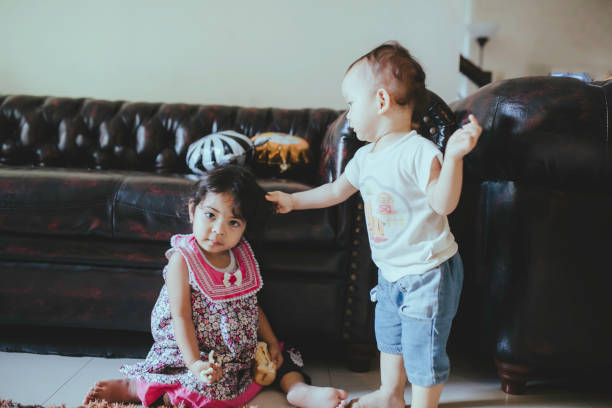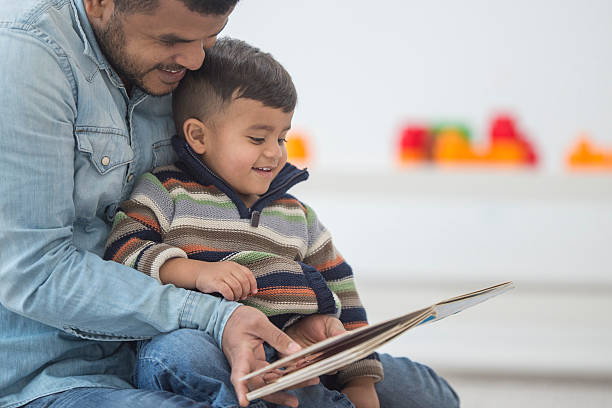As any parent knows, toddlers are full of energy and curiosity. While this stage of development is fascinating, it can also present challenges, particularly when it comes to behavior like hitting. If your toddler is hitting, it's important to address this behavior early to teach them better ways to express their emotions. Here are some effective strategies to help stop your toddler from hitting:
1. Understand the Reason Behind the Hitting
Toddlers hit for various reasons such as:
Frustration: They may not yet have the language skills to express their feelings.

Seeking Attention: Sometimes negative attention is still attention.

Exploration: They are learning about cause and effect.

Imitation: They might have seen someone else hitting and are copying the behavior.

Understanding the root cause can help you address the behavior more effectively.
2. Stay Calm and Collected
Your reaction plays a crucial role. If you respond with anger, it can escalate the situation. Instead:

Stay Calm: Take a deep breath and speak in a gentle yet firm tone.
Set an Example: Show them how to handle frustration and anger calmly.
3. Set Clear and Consistent Boundaries
Children thrive on consistency. Make sure your toddler understands that hitting is not acceptable:
Immediate Response: Address the behavior right away.

Clear Explanation: Tell them, “Hitting hurts. We use gentle hands.”

4. Use Positive Reinforcement
Encourage good behavior by praising your child when they use gentle hands or express themselves without hitting:
Praise Specific Actions: “Great job using your words to tell me you’re upset!”

Reward Good Behavior: Offer small rewards for consistent non-hitting behavior.

5. Teach Alternative Behaviors
Give your toddler tools to express their emotions and needs:
Use Words: Teach them simple phrases like “I’m mad” or “I need help.”

Provide Alternatives: Show them how to clap their hands, stomp their feet, or hug a stuffed animal when they’re upset.

6. Practice Empathy
Help your toddler understand how hitting affects others:
Discuss Feelings: Explain how hitting makes others feel sad or hurt.

Model Empathy: Show empathy yourself by saying things like, “I can see you’re really upset. Let’s find another way to show it.”

7. Create a Calm Environment
Sometimes, overstimulation can lead to hitting. Ensure your toddler has a calm and safe space:
Quiet Time: Designate a quiet area where they can go to calm down.

Routine: Maintain a consistent daily routine to help them feel secure.

8. Seek Professional Help if Needed
If hitting persists despite your efforts, it might be helpful to seek advice from a pediatrician or child psychologist. Persistent hitting could be a sign of underlying issues that need professional attention.
